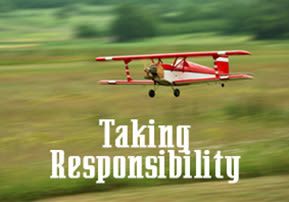
Taking Responsibility for Oneself
Excuses and avoidance are not accepted in the Heavenly Court. There, everyone must assume total responsibility for his or her actions. Coverups don't work either...

I was reading ‘Soul Searching’, a Jewish book about reincarnations, near death experiences and re-accessing past lives through hypnosis, when the following sentence jumped out at me: (It’s part of an interview with someone who experienced a clinical death, and who got to the stage of undergoing a ‘life review’, where they had to relive every single thing they’d ever thought, said or done, but this time, in the world of truth.)
“The most important thing I learned from this experience was that I am responsible for everything I do. Excuses and avoidance were impossible when I was…reviewing my life…. When I was there in that review, there was no covering up. I was the very people that I hurt, and I was the very people I helped to feel good. I wish I could find some way to convey to everyone how good it feels to know that you are responsible… It is the most liberated feeling in the world.”
When a person has emuna, when they really believe that G-d is running the world, and that everything is for the  good, and that everything is just part of a big, Divine conversation, they can take responsibility for themselves. But when they don’t? They blame. They criticize others. They judge unfairly. They try and divert attention from their own shortcomings by shining the spotlight on other people.
good, and that everything is just part of a big, Divine conversation, they can take responsibility for themselves. But when they don’t? They blame. They criticize others. They judge unfairly. They try and divert attention from their own shortcomings by shining the spotlight on other people.
Once again, we all make mistakes. Anyone who never owned up to that is simply living a lie. All of us (at least occasionally) are selfish, angry, self-centered, jealous, mean, arrogant, disdainful, vengeful, spiteful etc etc. If we are truthful people, we’ll all have our own big list of flaws and character issues that we know we have to work on. That’s taking responsibility. But if we aren’t truthful? Then we blame; we criticize others; we judge unfairly; we try and pick on other people to make ourselves look good.
Let’s take an example: there’s a family with six kids, and each one is doing incredibly badly at school. They are all being sent to the principal’s office, on a regular basis, for bad behavior. They are all rebellious, angry kids who make trouble wherever they go. They talk back to teachers, they bully their classmates, both with their words and with their fists, and they’re jealous and competitive over every little thing.
Mom and Dad believe themselves to be suffering martyrs in all this. They can’t understand how they got stuck with such naughty, demanding children. After all, it’s nothing to do with them!!! They have good manners; they treat people nicely; they respect authority.
Really? Mom and Dad are living in a dream world, and failing to take responsibility. Rav Arush teaches in The Garden of Education that our kids are just our mirrors; they are reflecting back at us the things we need to fix in ourselves, especially the stuff we’ve repressed or don’t want to deal with.
In the above example, this is what’s really going on: Both Mom and Dad rule the home with iron-fist discipline. The children are routinely yelled at and punished for not jumping to attention immediately. Mom and Dad are both so busy with their careers, or attending Torah classes, that the kids get almost no positive attention. For two days after a ‘big bust up’ at school, Mom will walk the kid to school, and even make them lunch (otherwise, she’s a big believer in ‘independence’) – but that’s it.
Dad is completely self-obsessed: he loves learning Torah with the kids (because they are a captive audience who can’t get away, and Dad loves the sound of his own voice…). He loves to roller-blade with his son: “Junior, this is the way to do it! Not those dumb jerky movements you’re making!” He loves having them seated around him at the Shabbat table as long as they sit still, don’t speak (unless they’re answering one of Dad’s pop-prize parsha questions) and clear off the table without making a fuss at the end of the meal.
When the kids are sick, they’re accused of being hypochondriacs, and left to throw up or shiver alone (Mom and Dad both have very IMPORTANT jobs, and anyway, the kid needs to learn some independence. It’s a tough world out there…)
Mom and Dad regularly blame the schools, the teachers, the community rabbis, the other kids in the class. “What’s wrong with all these people!?!?” they want to know.
Because the kids’ bad character traits and difficulties are clearly nothing to do with them.
Down here, in the world of lies, we can evade responsibility, put up smokescreens and tell ourselves fairy stories about ‘everyone else’ being horrible, while we are perfect. Upstairs, in the world of truth, we can’t. There are no more lies. There are no more excuses. And we have to look ourselves squarely in the face, and own up to what was true all along: we are responsible for the mess our life is in, and especially, the mess our children’s lives are in. And that is truly the most liberating statement that a person can ever make, because once we own the problem, we can start asking G-d to fix it.
* * *
You’re welcome to write Rivka Levy at rivkawritesback@gmail.com


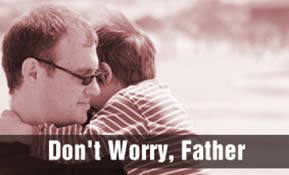

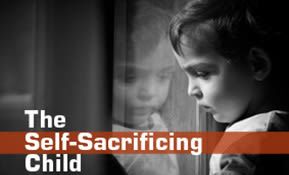


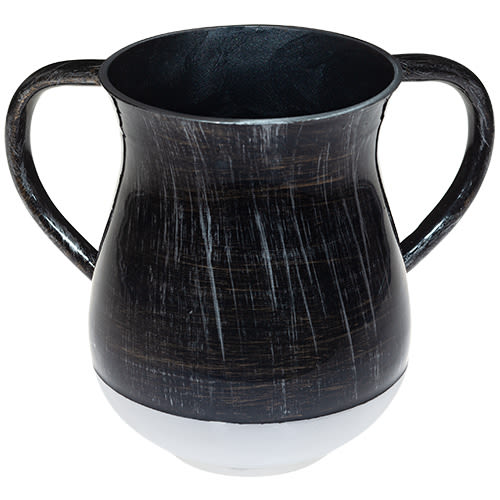
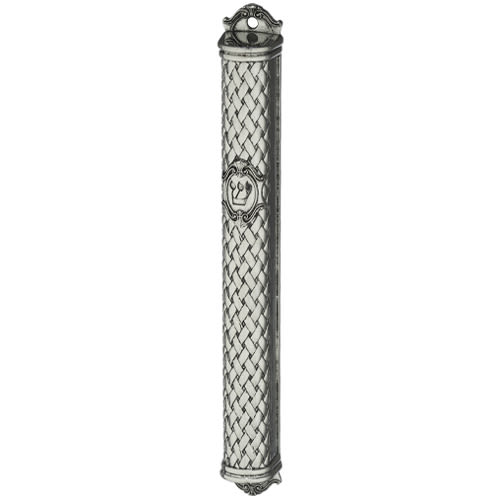

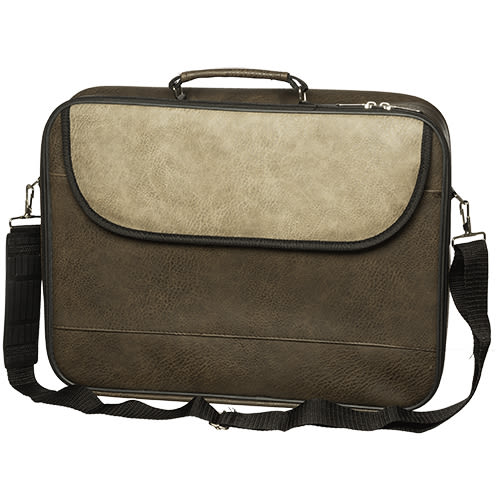
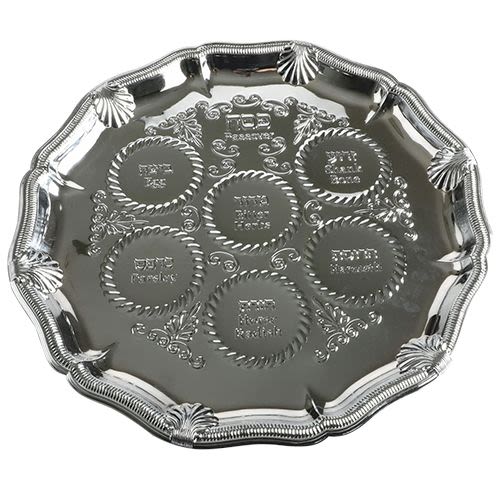
Tell us what you think!
Thank you for your comment!
It will be published after approval by the Editor.